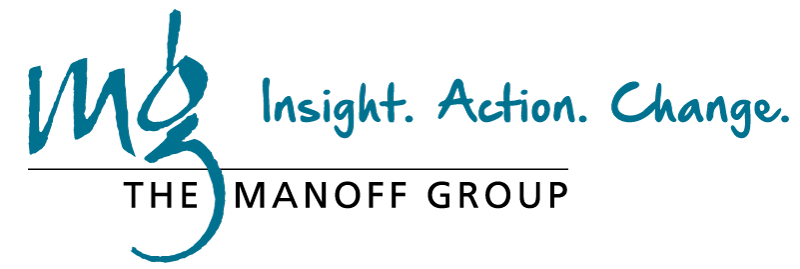 Behavior Profile: Businesses improve the quality and diversity of their goods and services
Behavior Profile: Businesses improve the quality and diversity of their goods and services| Goal has not been set | ||
|
Businesses improve the quality and diversity of their goods and services |
Behavior Analysis |
Strategy | ||
|---|---|---|---|
BEHAVIOR AND STEPSWhat steps are needed to practice this behavior?Businesses improve the quality and diversity of their goods and services
|
FACTORSWhat factors may prevent or support practice of this behavior?StructuralAccessibility: Business do not have access to the latest technologies (including tools and equipment) that would help them to improve the quality and diversity of their product offerings and services Accessibility: Businesses do not adhere to standards because of the high cost of compliance. Cost factors might include uncertainty of standards themselves, increased distribution costs in the form of monitoring, refrigeration, bar coding, or packaging requirements, supply origin identification and others. SocialGender: Women do not adhere to international standards because they lack access to capital needed for compliance Norms: Businesses do not meet standards of their target markets because of inconsistent enforcement by regulatory authorities springing from lack of capacity or corruption. InternalAttitudes and Beliefs: Businesses do not believe that compliance to international standards leads to higher prices and increased income Knowledge: Businesses do not adhere to international standards because they do not have needed information about the standards since they are not delivered through available information services Skills: Businesses lack the technical expertise to meet international standards |
SUPPORTING ACTORS AND ACTIONSWho must support the practice of this behavior, and what actions must they take?InstitutionalPolicymakers: Train and update Government experts' skills to provide required oversight to the sector Policymakers: Create the infrastructure to enable easier access to international standards across the country Policymakers: Prioritize product quality and equip staff and inspection centers with appropriate tools to provide service for businesses Policymakers: Provide transparent regulatory processes to support the activities of businesses Providers: Demonstrate ability to provide essential information and skills to clients in a clear and respectful manner Providers: Use technology to improve the quality and diversity of product offerings and services Regulatory Bodies: Explore innovative avenues of implementing sanctions and rewards for compliance/non compliance Regulatory Bodies: Demonstrate the importance of compliance and equitably enforce standards Testing Labs: Provide quality laboratory analyses to ensure that standards are being met. Optionally, provide suggestions for reaching standards. Training Institutions: Improve human resource capacity of businesses so they can take advantage of innovations and to improve the quality of goods and services offered, especially for food and pharmaceutical sectors. |
POSSIBLE PROGRAM STRATEGIESWhat strategies will best focus our efforts based on this analysis?Strategy requires Communication Support Enabling EnvironmentFinancing: Expand access to financing for firms ready to expand profitably into new markets. Institutional Capacity Building: Create a system to provide incentives for compliance and accountability. Institutional Capacity Building: Institutionalize and enforce the use of standard operating protocols Institutional Capacity Building: Create training and re-certification programs for regulatory institutions to ensure updated expertise for target sectors. Policies and Governance: Enforce policies and enable the regulatory institution to mandate compliance Policies and Governance: Create policies that enable the development of standards for the businesses Policies and Governance: Streamline government required processes and review fees and charges for businesses Systems, Products and ServicesQuality Improvement: Expand and enforce Green Label initiative aimed at establishing a local standard among exporters Quality Improvement: Expand access to technical expertise and services by qualified personnel Quality Improvement: Provide resources and technical equipment to enable the provision of quality required services Demand and UseSkills Building: Develop opportunities for skills upgrade through peer mentoring, embedded advisers and e-learning. |

 The Manoff Group was acquired by JSI in 2022.
The Manoff Group was acquired by JSI in 2022.